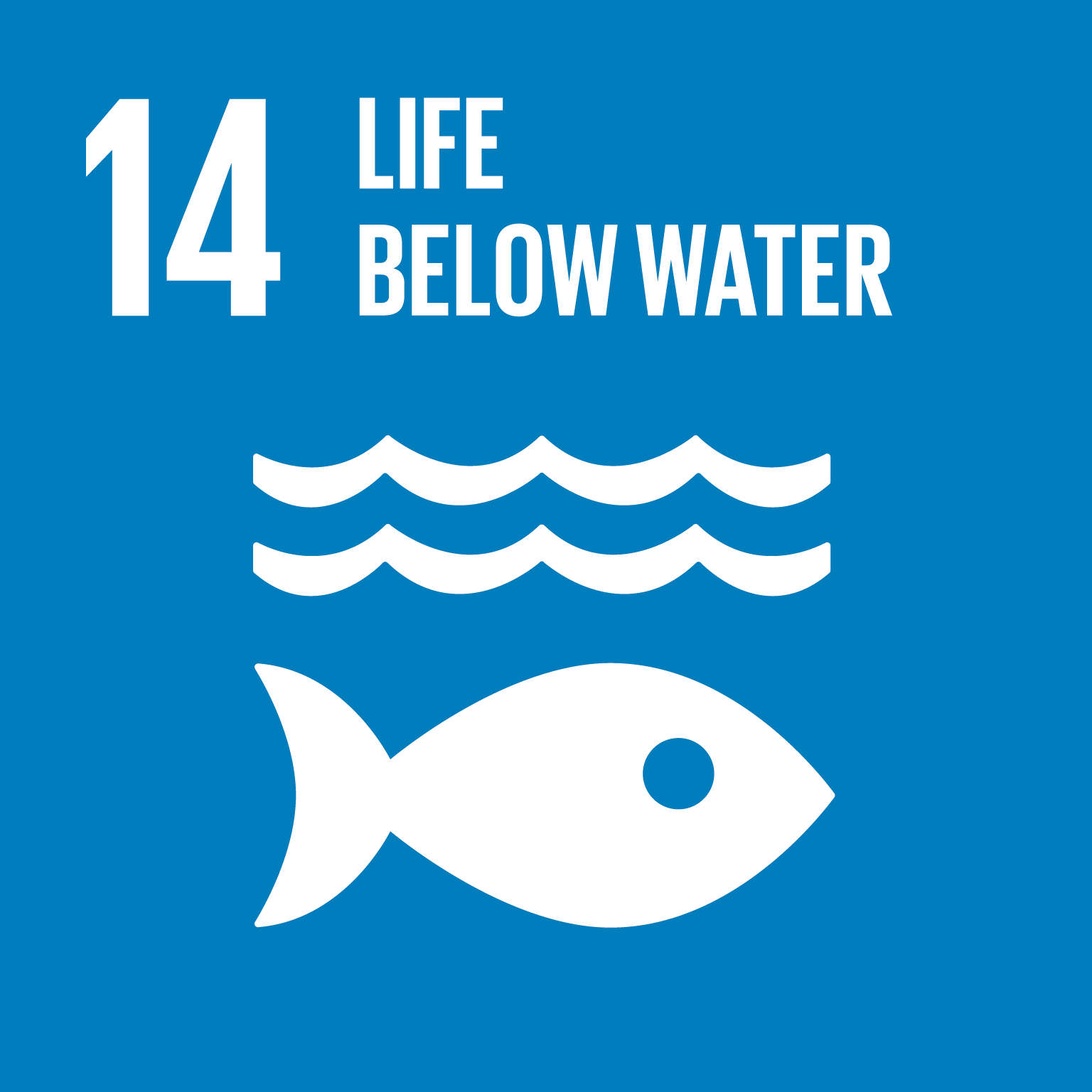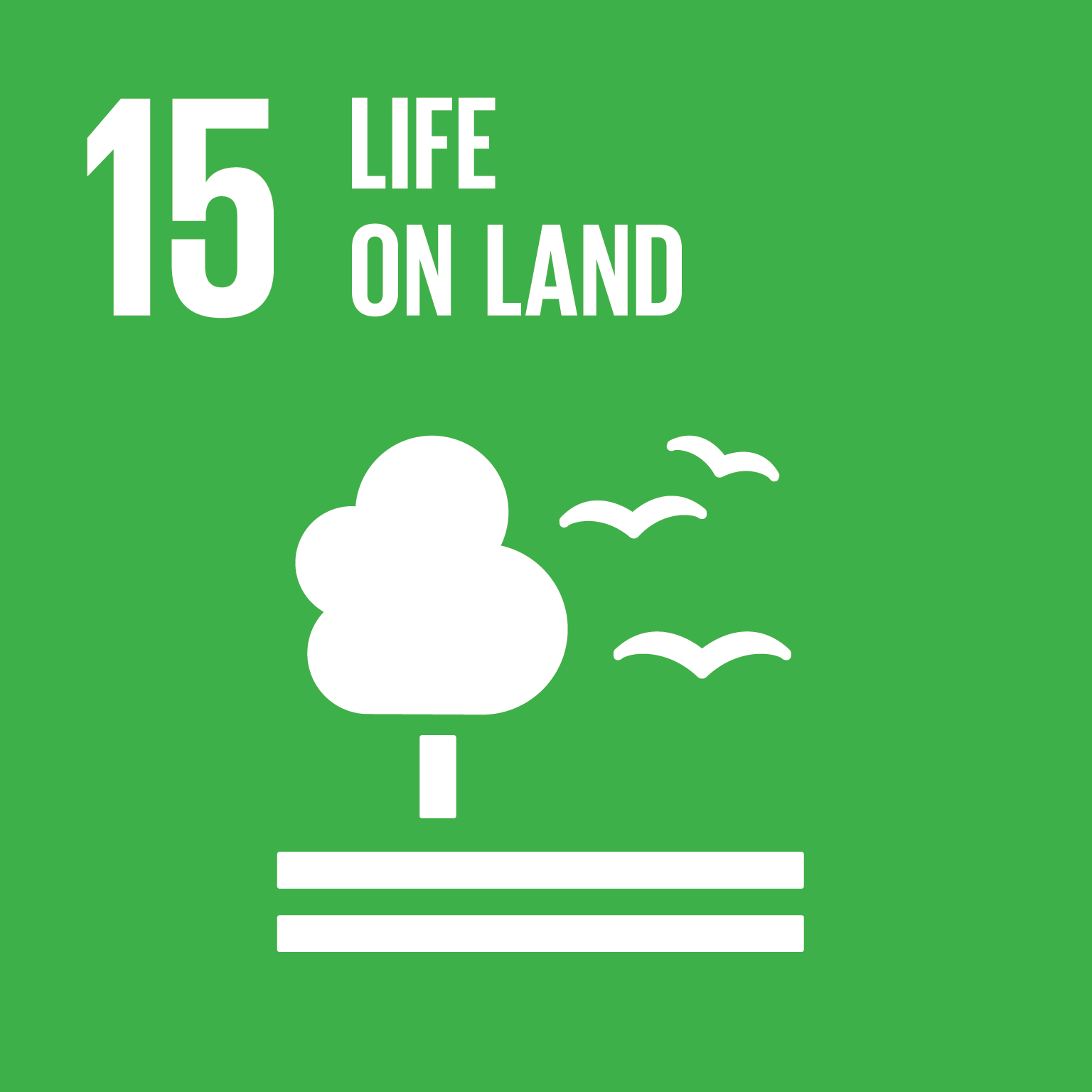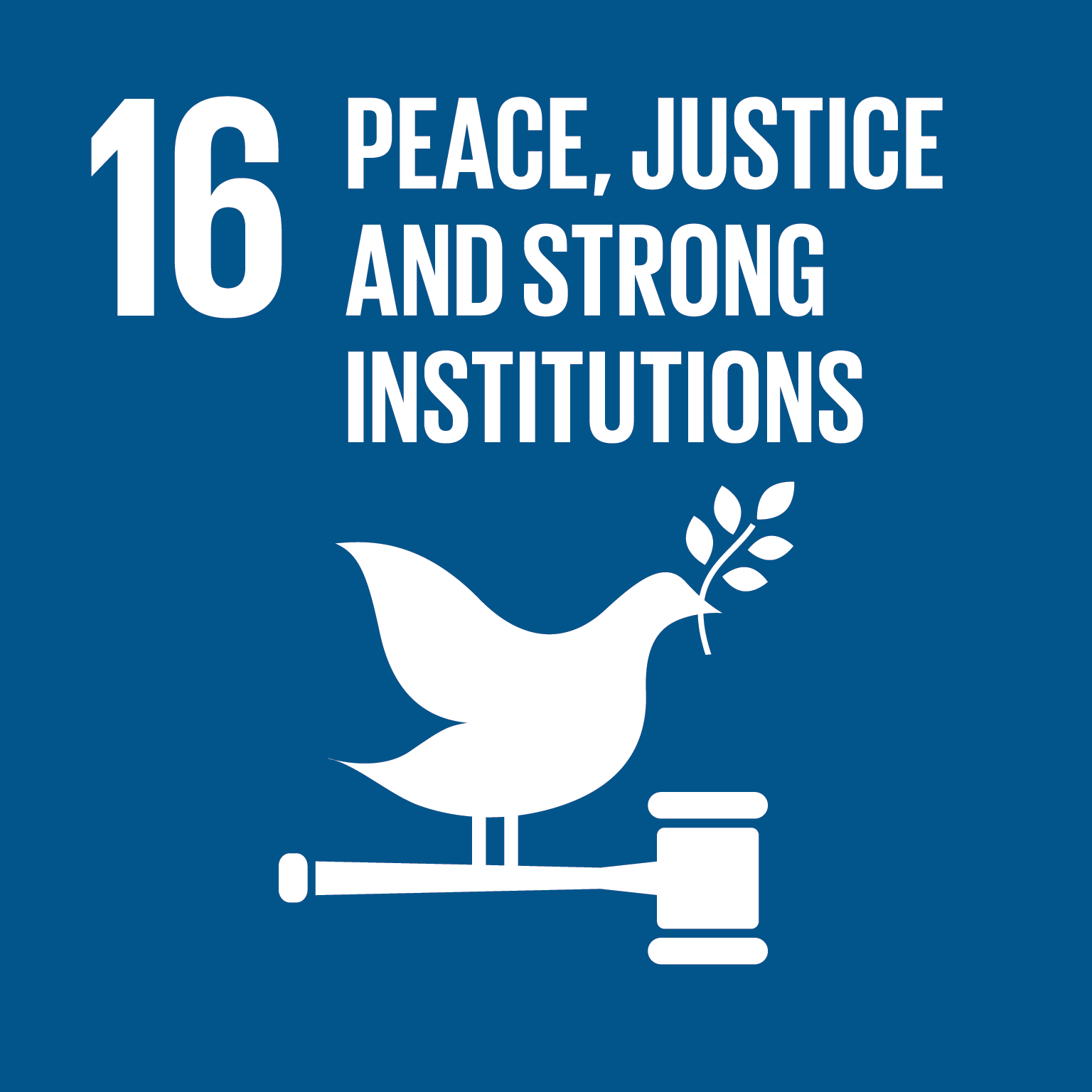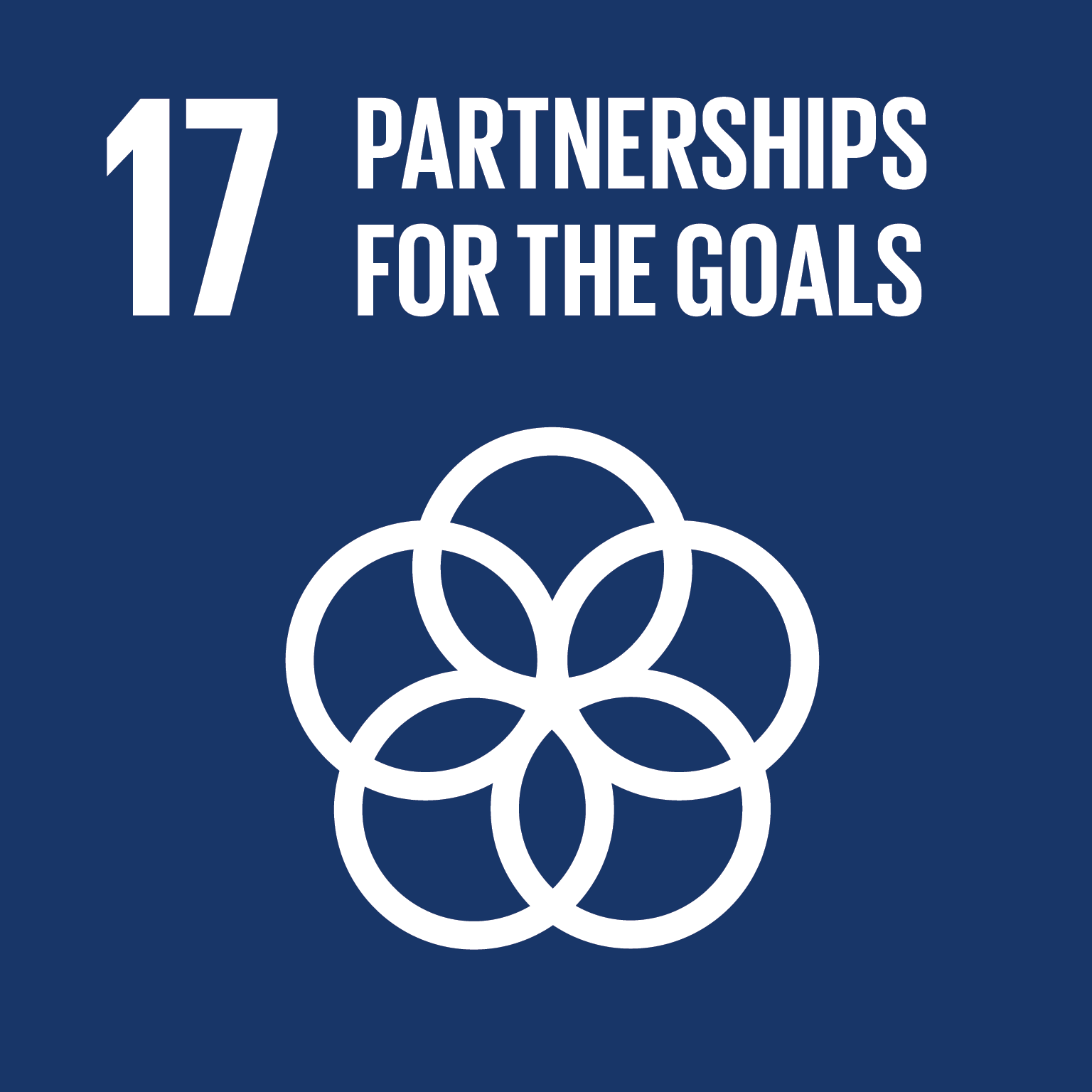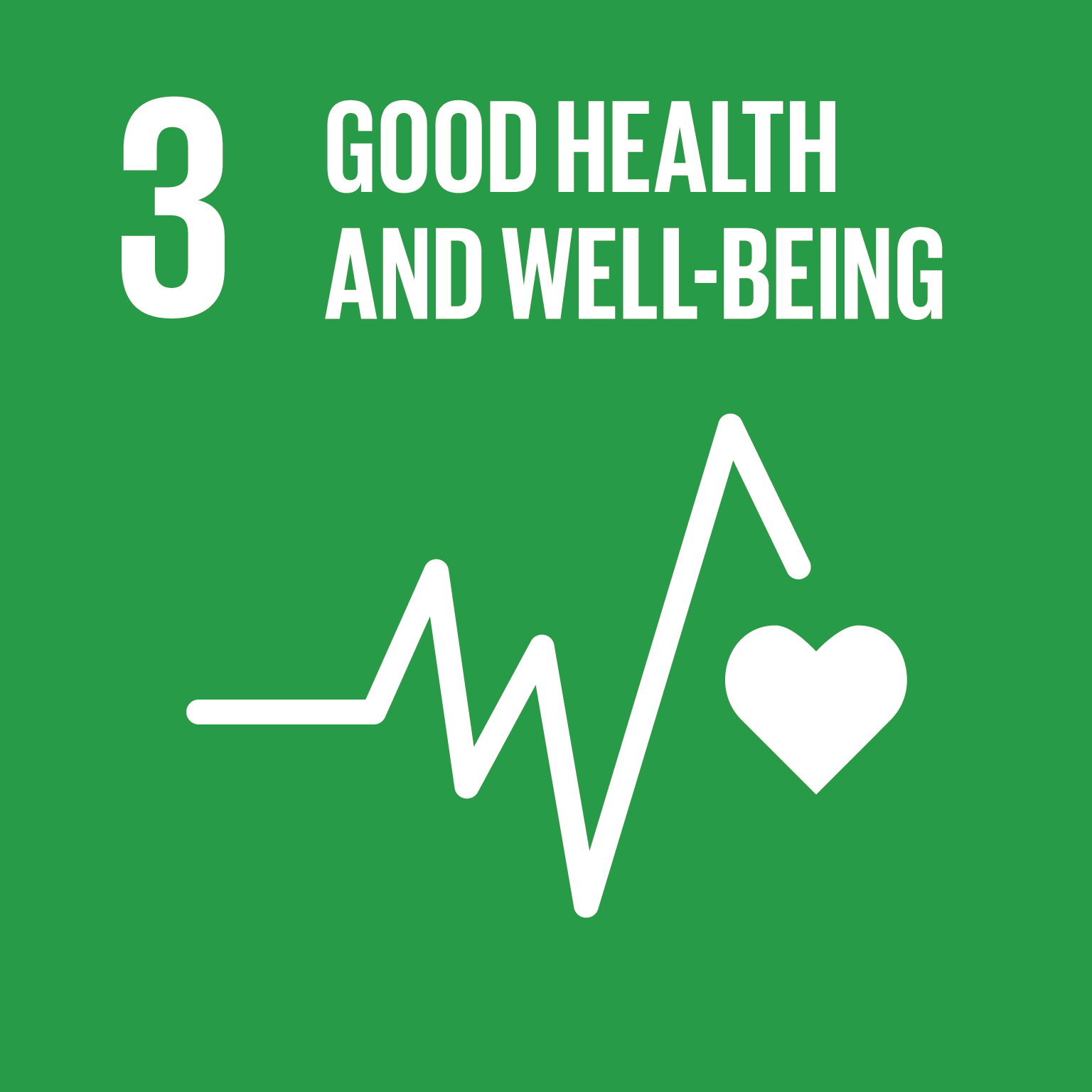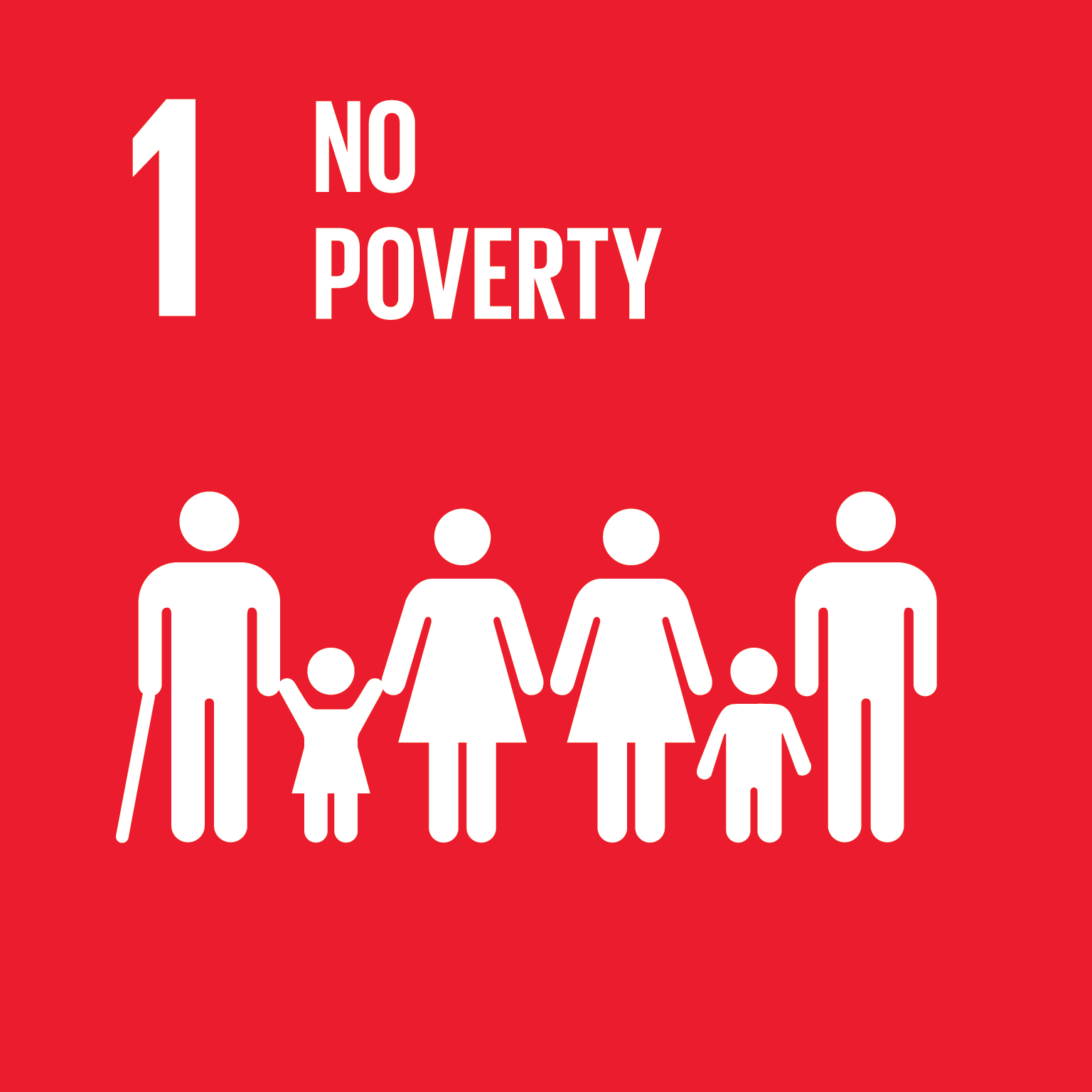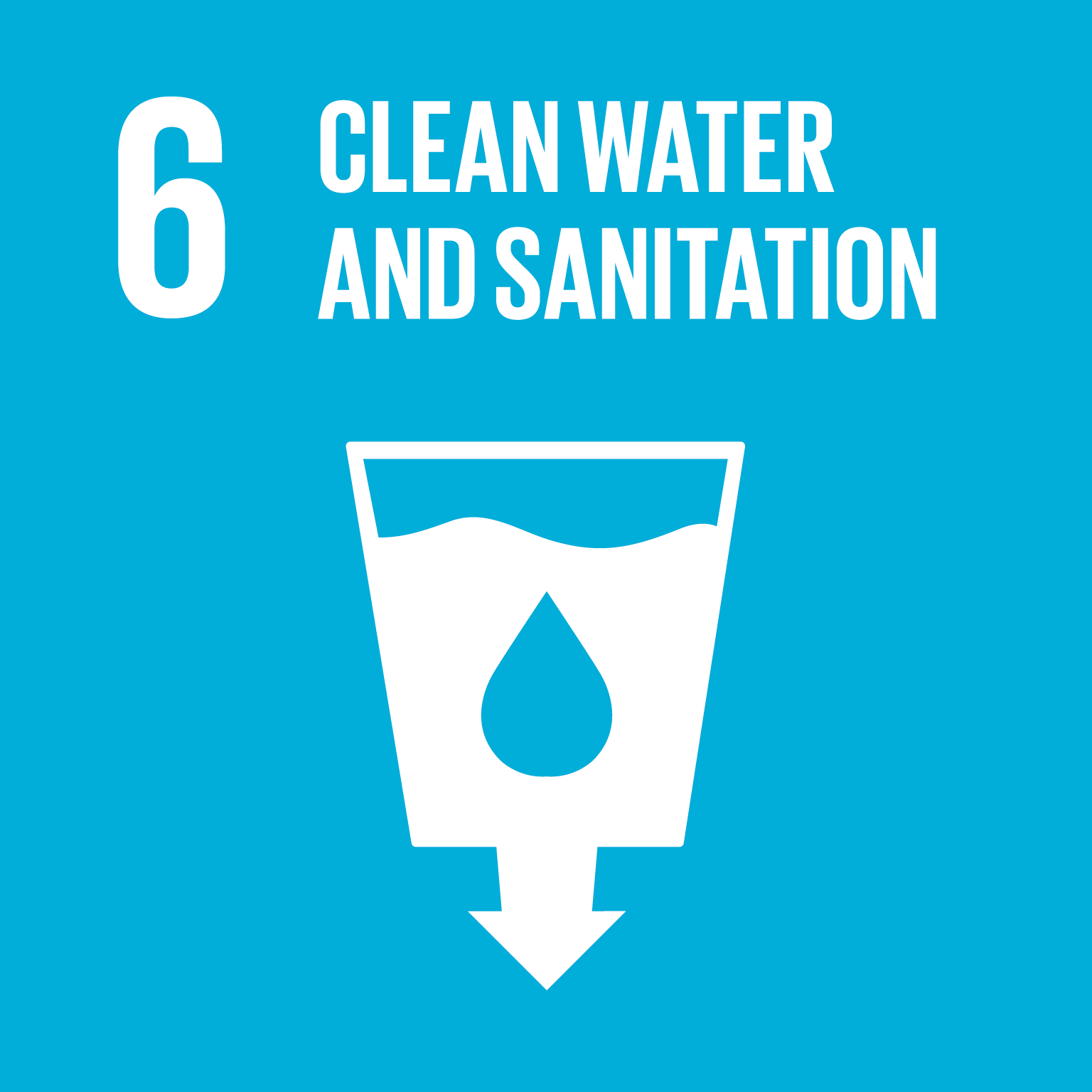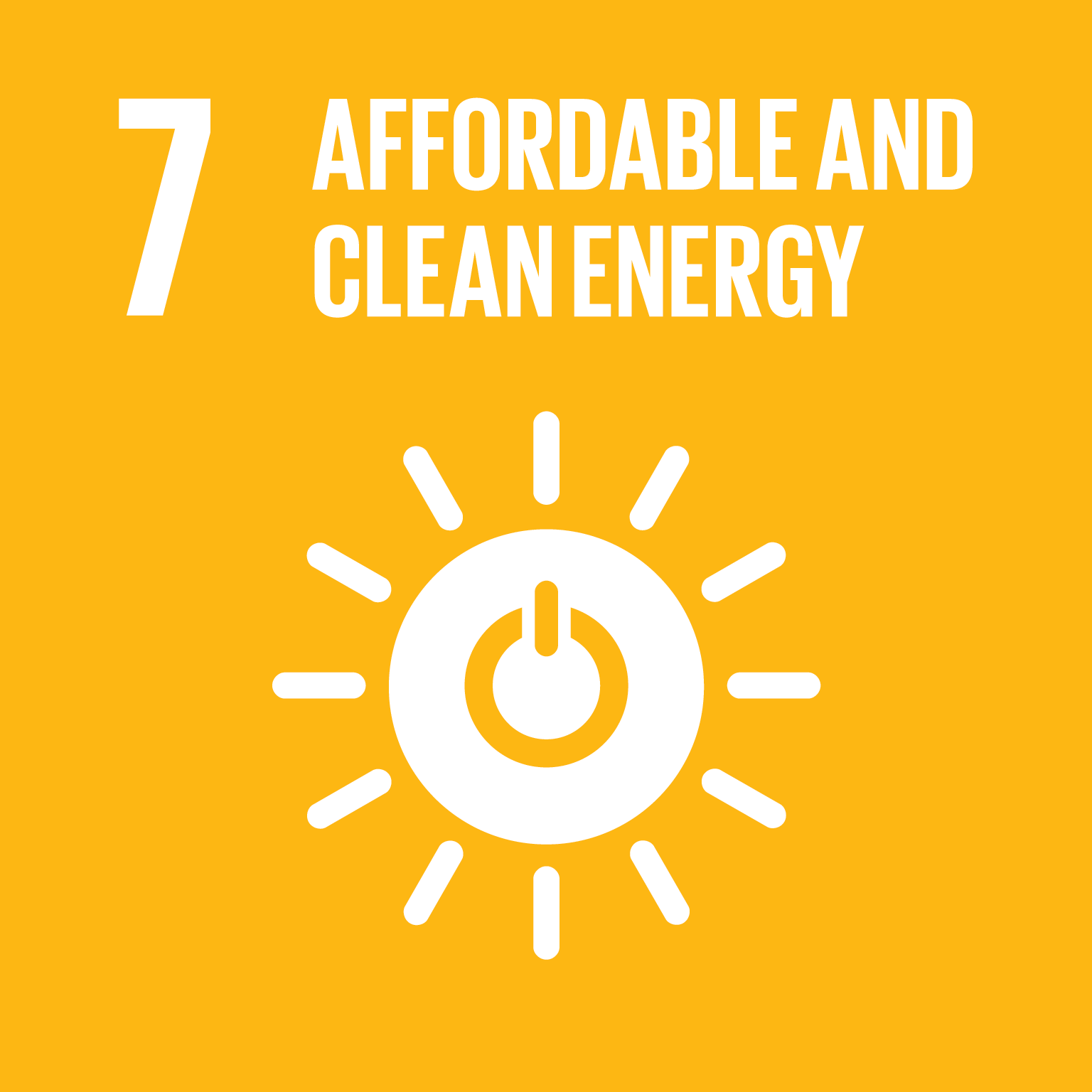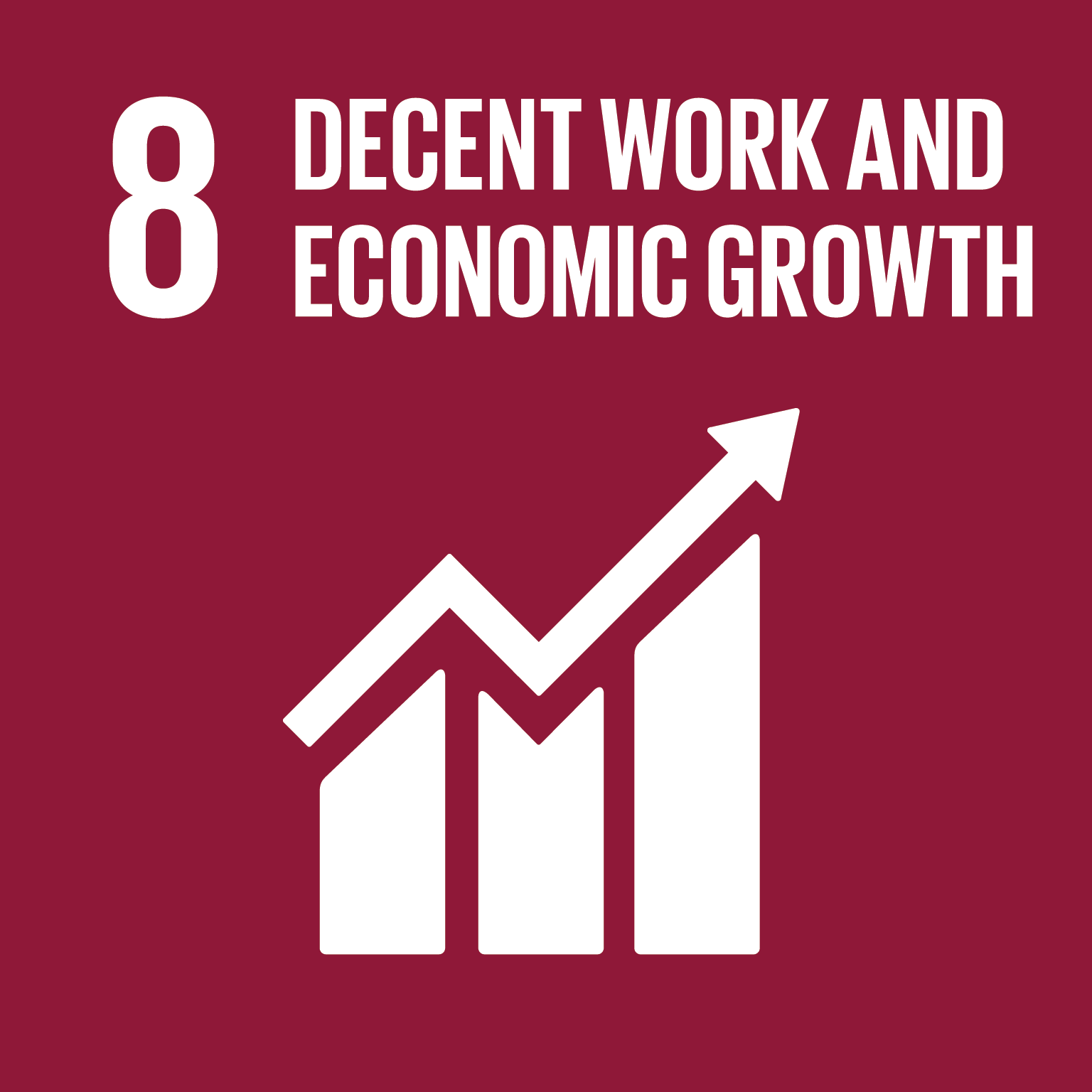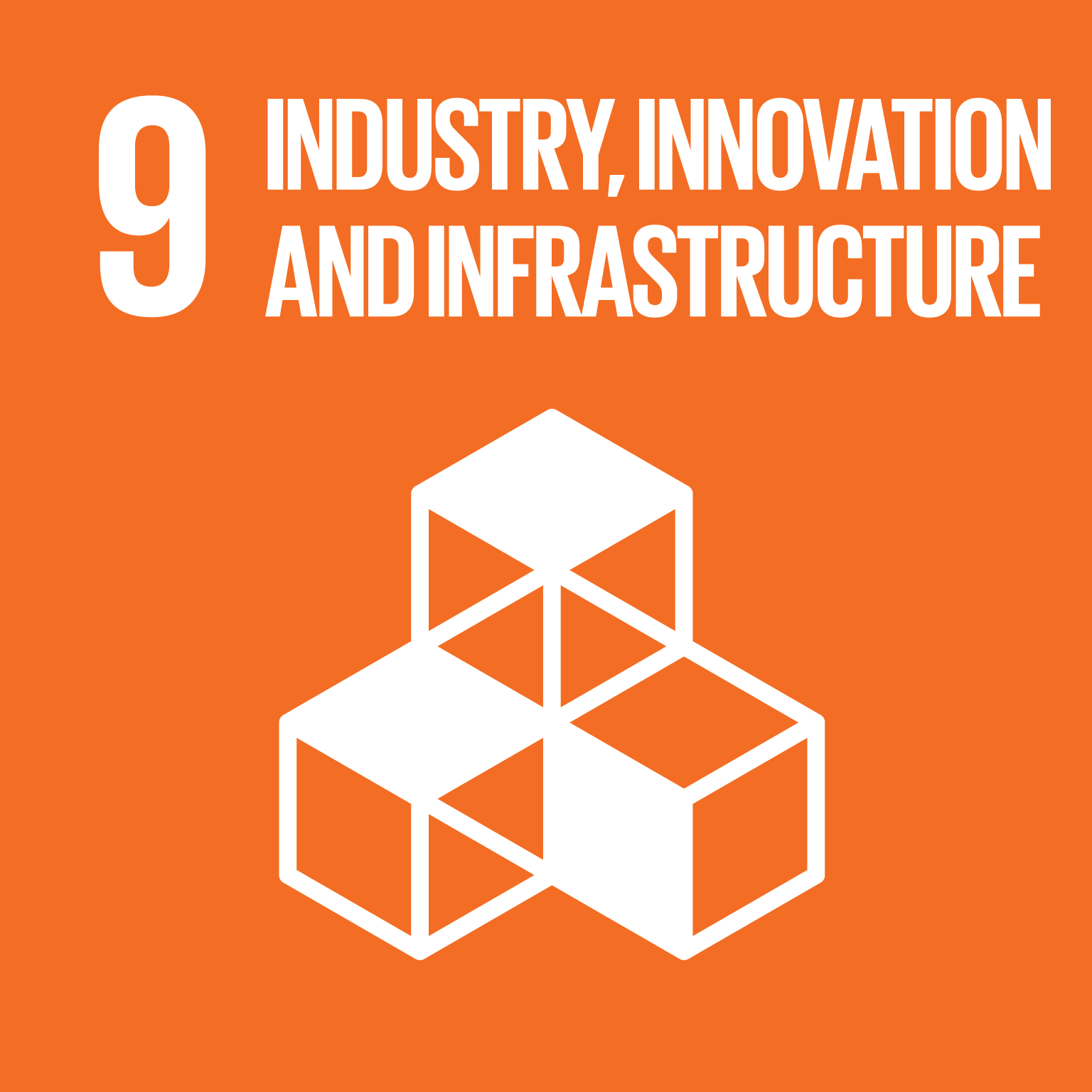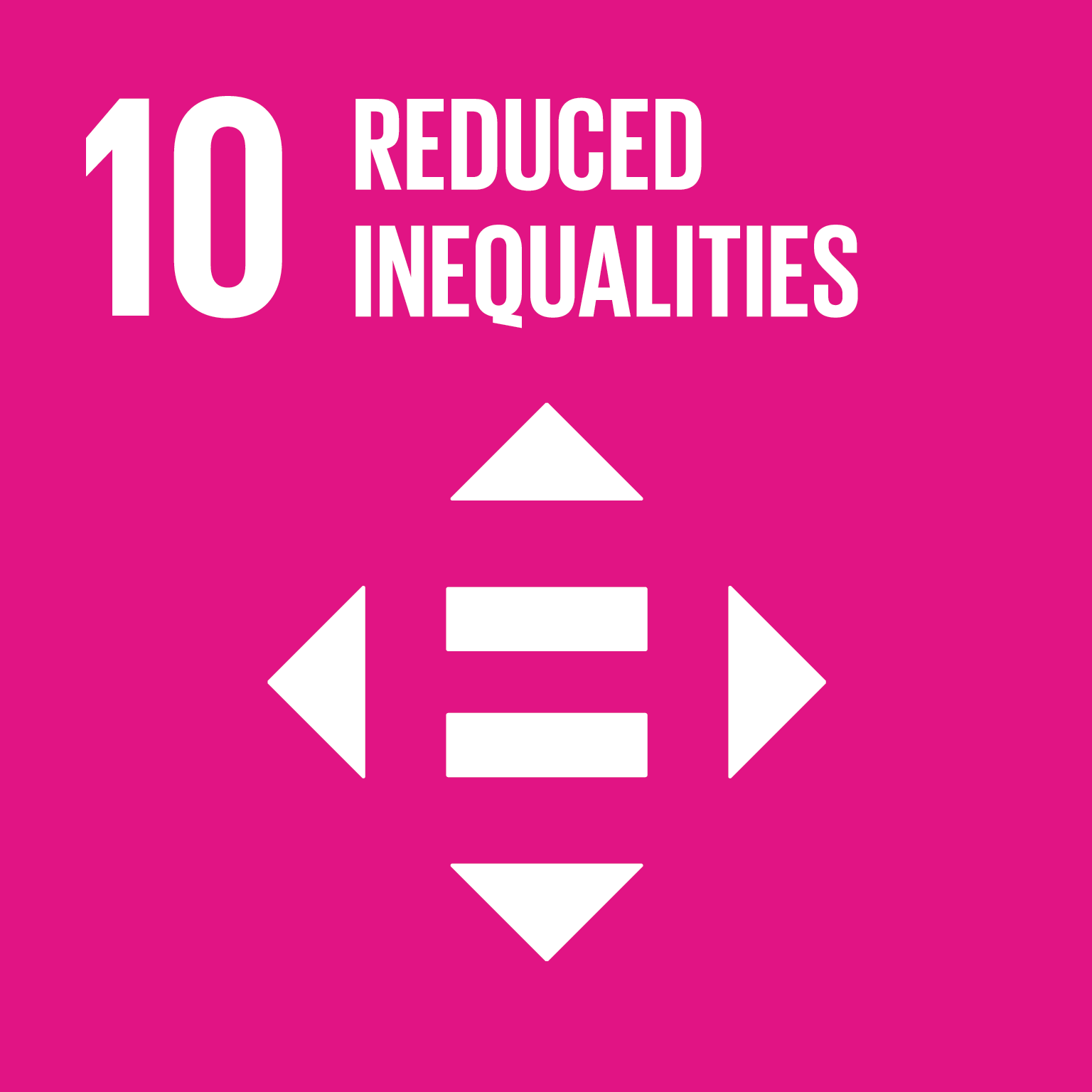Overview
Towards a Sustainable Knowledge-Based Economy in the Middle East & North Africa
1st MENA International Conference, Brighton, UK 2013
Hosted by WASD in partnership with the Middle Eastern Knowledge Economy Institute (MEKEI)
Freeman Centre, Falmer Campus, University of Sussex, Brighton, United Kingdom, 30 January 2013
The conference aims to critically discuss a range of issues relating to the role of academics and professionals in supporting and enhancing the process of transforming the countries of the Middle East and North Africa (MENA) to advanced, knowledge-based societies led by sustainable innovation and social advance. The conference will also discuss the major obstacles for science, technology and innovation (STI) in the MENA region and help policy-makers to constructs an “ideal role” for STI in achieving sustainable development in the region.
This conference will focus on the question what do policy makers actually need to know about the knowledge-based economy and the underlying boundlessness of the concept of knowledge-based economy and whether ‘STI’ has anything to offer policy makers. In doing so, the conference will adopt a holistic approach to critically examine these issues through an interactive discussion and debate by leading international scholars in the field and participants from across various disciplines and from various parts of the world.
Attending this conference is an opportunity for academics, government officials, policy makers to get together and share their knowledge as a first step toward a transformational plan that they can tailor to suit their unique circumstances for a sustainable future. Moreover the conference will also include a LIVE DEMO of the first of its kind Knowledge Management Framework established in the MENA region and the opportunity for participants to explore the various activities (teaching, research, and consultancy) offered by MEKEI and meets face to face MEKEI’s core members and explores future collaboration and partnership. Similar to previous conferences organised by the Middle Eastern Knowledge Economy Institute (MEKEI), this multidisciplinary conference is expected to attract large number of global experts and scholars in addition to MEKEI members all over the world.
Diaspora
The collaboration between the Diaspora and those working within the country of origin offers several opportunities and contributes to increase productivity towards sustainable and inclusive knowledge-based growth. Building constructive relationships between the Diasporas and countries of origin require that Diasporas be treated not as a mere resource, but as partners and investors with mutual benefits.
It has long been argued that Diasporas will be most interested in contributing to SD efforts when they have a sense of belonging in relation to their country of origin. Therefore, it is very important to establish trust between Diasporas and governments in the country of origin. In doing so, governments need to invest in identifying their Diasporas abroad and in understanding their skills and interests.
Many sustainability problems can only be tackled by connecting the diaspora with those working within the country of origin, for example combating the results of climate change, diseases such as malaria, reservation of natural resources, fighting land degradation or limiting the loss of biodiversity and many other problems. Moreover, knowledge or evidence-based policymaking is indispensable if gaps in living standards are to be narrowed. Therefore, building capacity in country of origin is necessary for competing in the global arena and there it is critical to turn the diaspora into a positive tool for SD as well as serving as role models for the youth in the country of origin.
Location
Freeman Centre, University of Sussex, Brighton, England BN1 9RQ, United Kingdom
Team
The conference is organised by several committees from WASD and under close supervision of WASD Advisory Board.
WASD Team
- Prof. Allam Ahmed: Co-Chair and President WASD
- Janet Snow: International Coordinator and Editor
